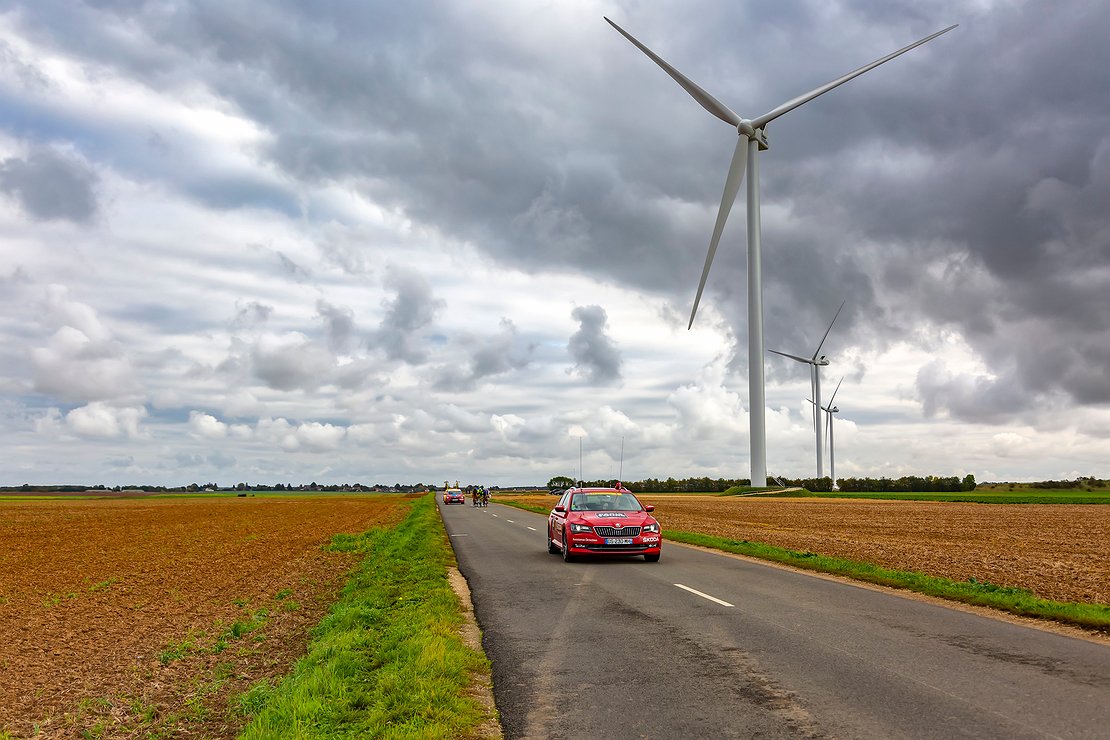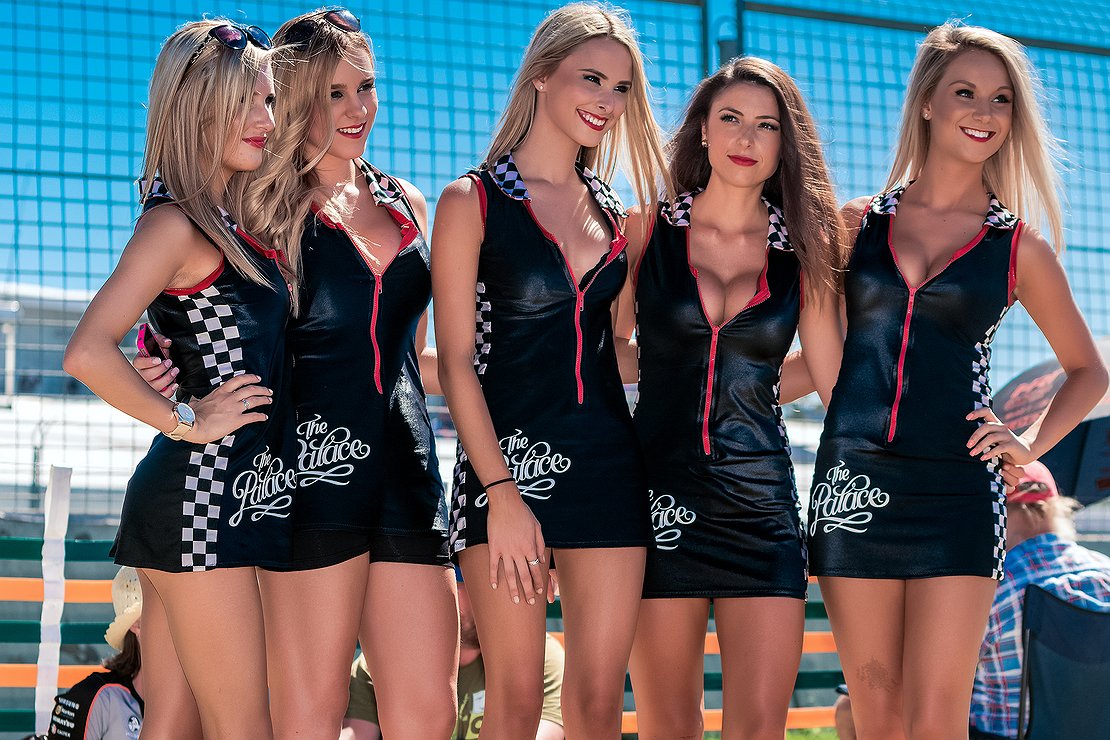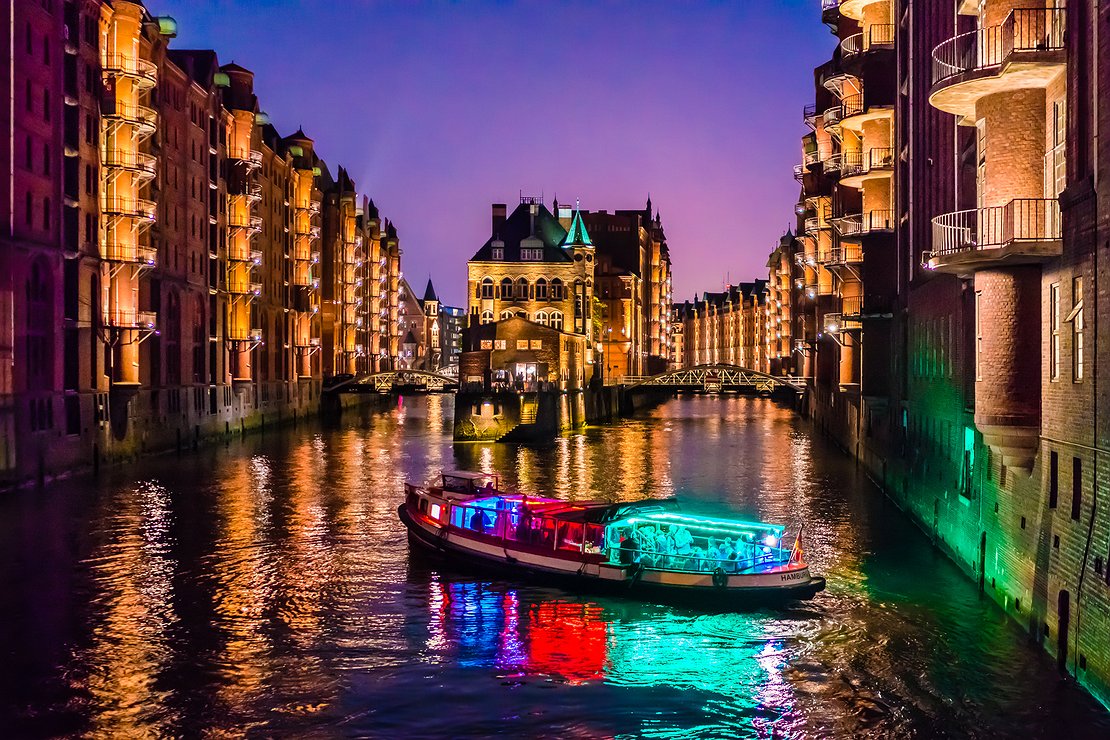
Civil unrest in France:Revolt of the Ordinary People
The Gilets Jaunes (‘yellow vests’ or hi-viz jackets) are not a political movement in the traditional sense. The participants are from the whole political spectrum, many of them are apolitical. What they have in common is that they can no longer bear the country’s economic, social and political situation. The last tax increases were only the straw that broke the camel's back. These citizens are fed up with professional politicians who are glib speakers and, once elected, do the opposite of what they promised. They are fed up with rampant crime, permanent insecurity and political correctness. They are tired of being treated like idiots by the political class. They can no longer bear to be fleeced by the state in order to save the world and finance the pleasure-oriented lifestyle of a political caste, that has been gradually running down the country for more than 40 years. They are tired of being second-class citizens who, with regard to all welfare services, have to give way to legal and illegal immigrants. They are fed up with having to pay more and more for ever worsening state services. They are ‘Wutbürger,’ ‘enraged citizens,’ as people would say in Germany. And according to surveys, the majority of the French support them. Before November 17, 74 percent of the population sympathized with them; after a week of blockades, the approval ratings had risen to almost 80 percent!
The Gilets Jaunes generally do not live in the centers of the economically dynamic cities such as Paris, Lyon, Nantes, Toulouse or Bordeaux, but in the suburbs, and even more frequently out in the country, in provincial towns or villages. They are usually people who cannot afford to live closer to the urban centers in which they work and who are dependent on their cars because public transport is more or less non-existent. They are those whom the geographer Christophe Guilluy calls ‘the France of the suburbs’ and who, according to Emmanuel Macron, are those “who are nothing,” as he very charmingly put it a year ago, on the occasion of the opening of a center for start-ups: ordinary people, craftsmen, workers, minor officials, in short, the real people who work hard and usually don’t earn much, but who have to give a lot to the state in the form of all kinds of taxes and duties. They are those who have lost their jobs as a result of globalisation and a short-sighted and short-term profitability policy in favor of the financial markets, and who have no hope of finding new employment. They are young people who make their way from one temporary job to the next, because the academization of working life that the state has been pushing for forty years is ignoring the real needs of the market, and state egalitarianism is pulling the level of education further and further down. They are pensioners who, after a full working life, receive 960 euros a month to live. It is the France that has for a long time either stopped going to elections or prefers left-wing revolutionaries or right-wing nationalists. It is the France which on the one hand dreams of a radical overthrow of all existing conditions and a boundless brotherhood in the class struggle, and on the other hand, which wishes a return to its own culture, which is not interested in the sensitivities of LGBT people and, on the basis of its own experiences in the construction industry and the like, cannot be convinced that there are no cultural differences. It is a France of contradictions, united in its rejection of the current power relations. A France of the ordinary people who neither cultivate the trendy lifestyle of the big city bourgeois bohemians, nor have their academic degrees, but are close to the reality of life due to material and other difficulties and intuitively understand the absurdities and artificiality of current politics. Speaking to ‘Figaro,’ 51-year-old truck driver Alain sums it up: “Up until now they’ve wanted us to buy diesel because diesel emits less CO2. But now diesel’s suddenly responsible for climate change, and we’re only supposed to buy electric cars, while they shut down nuclear power plants and we have less and less electricity. They’re crazy!”
Drivers who use diesel perceive the government's repeated attacks on their vehicles not only as a material threat to their existence, but also as a form of deprivation of liberty: the rural areas are becoming a prison which they can no longer get out of, because public transport is virtually non-existent and because the major cities, above all Paris, are closing themselves off to their diesel vehicles. A territorial apartheid imposed from above, which cuts off the ‘beauf’ (the word in French for the uncultivated redneck) from the world.
Two studies show quite clearly the correlations between owning a diesel car, relative poverty and protests against the government. The automotive journal ‘L'Argus’ published maps that show that diesel density is particularly high where the number of households exempt from income tax is highest: the urban but deindustrialised départements of Nord, Pas-de-Calais, Moselle and the rural, remote areas in the center. There are relatively few diesel vehicles in the dynamic metropolitan areas of Paris, Lyon, Bordeaux, Toulouse, Nantes and in rich rural departments such as Loiret and Côte-d'Or. The diesel is the external sign of poverty, as the bourgeois ‘Figaro’ mockingly commented. The demographer Hervé Le Bras concludes that the Gilets Jaunes were more than averagely active in the départements of the ‘Diagonal of Emptiness,’ which reaches from the Ardennes to the Pyrenees. On average, more than six percent of the population took part in the protests there. In densely populated areas such as Nantes, the average was only 0.3 percent, despite higher absolute figures. Le Bras also points to a difference in content: The Gilets Jaunes of the suburbs demanded a tax reduction, while the Gilets Jaunes of the rural areas fought for the maintenance of the state infrastructure. For Le Bras, this is a substantive contradiction, because maintaining the state infrastructure naturally comes at a price. But this apparent contradiction could also be resolved by the fact that people in the rural areas are tired of the state allowing their areas to become impoverished while pumping millions and billions into the immigrant suburbs. Because France's economic situation would look very different and much better without the bottomless barrel of mass immigration. In any case, both studies prove that the anti-diesel policy hits the weakest members of French society the hardest, as Thibaut Frank, the columnist of ‘L'Argus,’ writes.
If you ask the Gilets Jaunes themselves about their goals and motives, four answers are given particularly frequently: First, taxes are too high. Chantal Lapuerta, spokeswoman for the Gilets Jaunes, says: “Gas, electricity, the bank account, everything is taxed. We're suffocating.” Like many others, she demands the reintroduction of the wealth tax as a second point: “Macron gave the billionaires a few gifts, but we, we get bashed. We’re getting poorer and poorer. Where will it end?” The third point of contention is the raising of the solidarity tax by 1.7 points, without any compensation for pensioners. For the poorest 300,000 of them, the government has created aid measures, but: “My mother lost 150 euros in purchasing power because of the increase in the solidarity tax. That's a lot for a single widow,” says Christine from the Ain department. The fourth point is the defense of public services and the national preference: Especially the situation in the health sector is an outrage for many: the emergency rooms in the hospitals are overcrowded, the state closes and centralizes hospitals, citizens’ offices, courts. Even the lawyers of Limoges have therefore joined the protests and demand a “jurisdiction of proximity.” In addition, there is the preference given to illegal and legal immigrants when awarding welfare services: “We give apartments to foreigners, while we ourselves have many homeless people,” explains a Gilets Jaunes supporter.
Ironically, the Gilets Jaunes fight in the name of the idols of the leftist State, the French Revolution and May 1968, in order to break with the leftist State in the name of its idols. The historical indoctrination with which the state intellectually brought generations of French into line is now becoming a weapon against it. The Gilets Jaunes see themselves in the tradition of the sans-culottes and May 1968 and derive their moral legitimacy from them, while the left-liberal rulers are pushed into the role of the despotic, conservative oppressor. This role reversal may seem amusing at first glance, but on closer inspection it shows that the Gilets Jaunes are ideologically clearly the children of the state they are now fighting. They do not understand that the victorious ideas of the revolution and May 1968 are responsible for the morally, economically, politically and culturally desolate condition in which the country finds itself today. Most Gilets Jaunes also have a very limited understanding of economic contexts. As left-indoctrinated citizens, they blame capitalism for their poverty, even though it’s the socialist overriding of market mechanisms, the formation of oligarchic structures for the benefit of a ruling caste, and the counterfeit currency system that result in the impoverishment of the ordinary people. The fact that the euro is an economic disaster and prevents France from deciding freely on its future is intuitively understood by many. However, most people believe that all financial problems can be solved with a national central bank. The economic ignorance makes many Gilets Jaunes susceptible to the propaganda of the left-wing extremists of the party ‘La France insoumise’. These leftists are deliberately trying to undermine the protest movement, as one can easily see when following the discussions on the relevant pages. And that is the great danger: if people with a clearly defined, traditional canon of values fail to take the lead in the uprising, to channel the justified anger of the people and make it usable for a constructive future project, a big slaughter could take place in the spirit of the historical role models of the Gilets Jaunes.
Translated from eigentümlich frei, where the original article was published on 4th December 2018.




